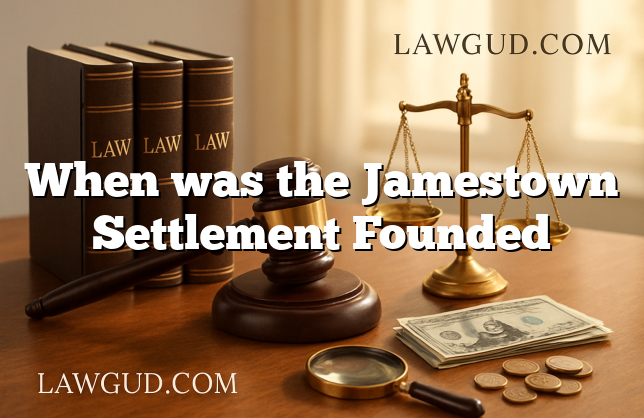The Jamestown settlement was founded on May 14, 1607, by English settlers under the authority of the Virginia Company of London. It was the first permanent English settlement in North America and was established on a peninsula on the northeast bank of the James River in what is now Virginia. The settlement was named Jamestown in honor of King James I of England.
The original expedition included 104 men and boys who arrived to establish a colony that would find gold, silver, and a trade route to the Pacific Ocean. The settlers faced many hardships, including disease, hunger, and conflict with Native American tribes, particularly the Powhatan Confederacy, who inhabited the region long before the arrival of the English. Leadership struggles and a lack of preparation for the harsh conditions meant that only 38 of the original 104 settlers survived the first winter.
Captain John Smith played a crucial role in the survival of the colony by enforcing a work schedule and establishing trade with the Powhatans. Despite these efforts, the colony suffered through the “Starving Time” during the winter of 1609-1610, when many colonists died. The arrival of new settlers and supplies in 1610 helped the colony recover, eventually allowing Jamestown to grow and become the capital of the Virginia Colony until 1699.
Jamestown also holds significance as the site where the first recorded Africans in British North America arrived in 1619, marking the beginning of African presence and later enslavement in the colony.
This founding marked a critical moment in American history, laying the foundation for English colonization in the Americas and the eventual development of the United States


